
PART I
For years now, political scientists, including American ones, have been talking about a post-American world. The Ukrainian crisis and its impending outcome suggest a new quality of geopolitics since the indirect participation of the United States in this conflict leads to a defeat for Kiev, a defeat for the United States.
After the defeat of Napoleon’s France and Hitler’s Germany, this is the last missing link in the chain of clarification of relations between the West and Russia in the field of power politics.
After that, it is possible to talk about a new normality in the global and European politics, the establishment of which will be preceded by a period of non-confrontation, that is psychological adaptation of Western elites to this reality, complicated by the euphoria of “victory in the Cold War” and the illusion of “unipolar moment” that formed the current generations of Western politicians.

What might the current narrative of international relations consist of until everything falls into place in the coming and already emerging world order?
First. Driven by a deep historical tradition of containment and, on occasion, dismemberment of Russia, the West, with the United States taking the lead from Germany and Britain in the postwar period, has consciously opted for a dual expansion – NATO and the European Union – as a “reassurance” against the resurgence of a strong Russia and its restoration of its status as a global power.
The current crisis was predictable: George Kennan, who laid the theoretical foundations for a policy of containment (with his 1946 “Long Telegram” from the American Embassy in Moscow), considered the decision to expand NATO “the most fateful” in American policy in the post-Cold War period.
Second. Historically, the current crisis completes the cycle of Russian containment dating back to World War I, one of the key objectives of which was for Berlin to prevent – in line with the logic of the Thucydides trap – Russia’s powerful economic rise, comparable to China’s current rise which resulted from the Stolypin reforms (as well as all those that preceded it – the abolition of serfdom and the Great Reforms of Alexander II).
The country had a strong position in the world trade – in the grain and oil market, had a strong currency, and its economic growth rate was about 10%.
London provoked the outbreak of war by its ambiguous position with regard to allied obligations to France which was in military alliance with Russia. Berlin was convinced until the last moment that the British would stay away if they declared war on Russia.
To obtain from the British a public statement to that effect was the main task of the mission of the Russian ambassador in London, Alexander Benckendorff, which was never fulfilled. The Germans were aware that Russia could only be crushed from within, and therefore worked with Trotsky and the Bolsheviks.
The British, for their part, joined in this task as part of Lord Milner’s mission in January-February 1917, participating in the Duma Liberal conspiracy against Nicholas II which took the form of the February Revolution and the abdication of the Tsar which became the point of no return in destabilizing Russia.
The Liberals paved the way for the Bolsheviks to take power. The purpose of London was to prevent the successful spring-summer offensive of the Russian army and to prevent Russia from obtaining the geopolitical benefits associated with the defeat of Germany and its allies, above all control of the Black Sea straits.
Thus, the Russian Revolution, which interrupted the evolutionary development of the country, was the result of a complex conspiracy by external forces using various segments of Russia’s still immature and heterogeneous political class.
Third. The conflict between Russia and the West has a cultural and civilizational dimension, which goes back to the schism of the Universal Church in 1054, the capture of Constantinople by the Crusaders in 1204 and its fall in 1453, when Orthodoxy had already acquired a strategic depth in the Grand Duchy of Moscow.
We are thus talking about the different fates of Christianity in the West, where the Reformation eventually prevailed, marking a return to the Old Testament, and in the East, primarily in Russia.
Fyodor Tyutchev in the mid-19th century defined the relationship between Russia and the West, quite shared by Western elites, including, judging by recent developments, as follows “By the very fact of its existence, Russia denies the future of the West”.
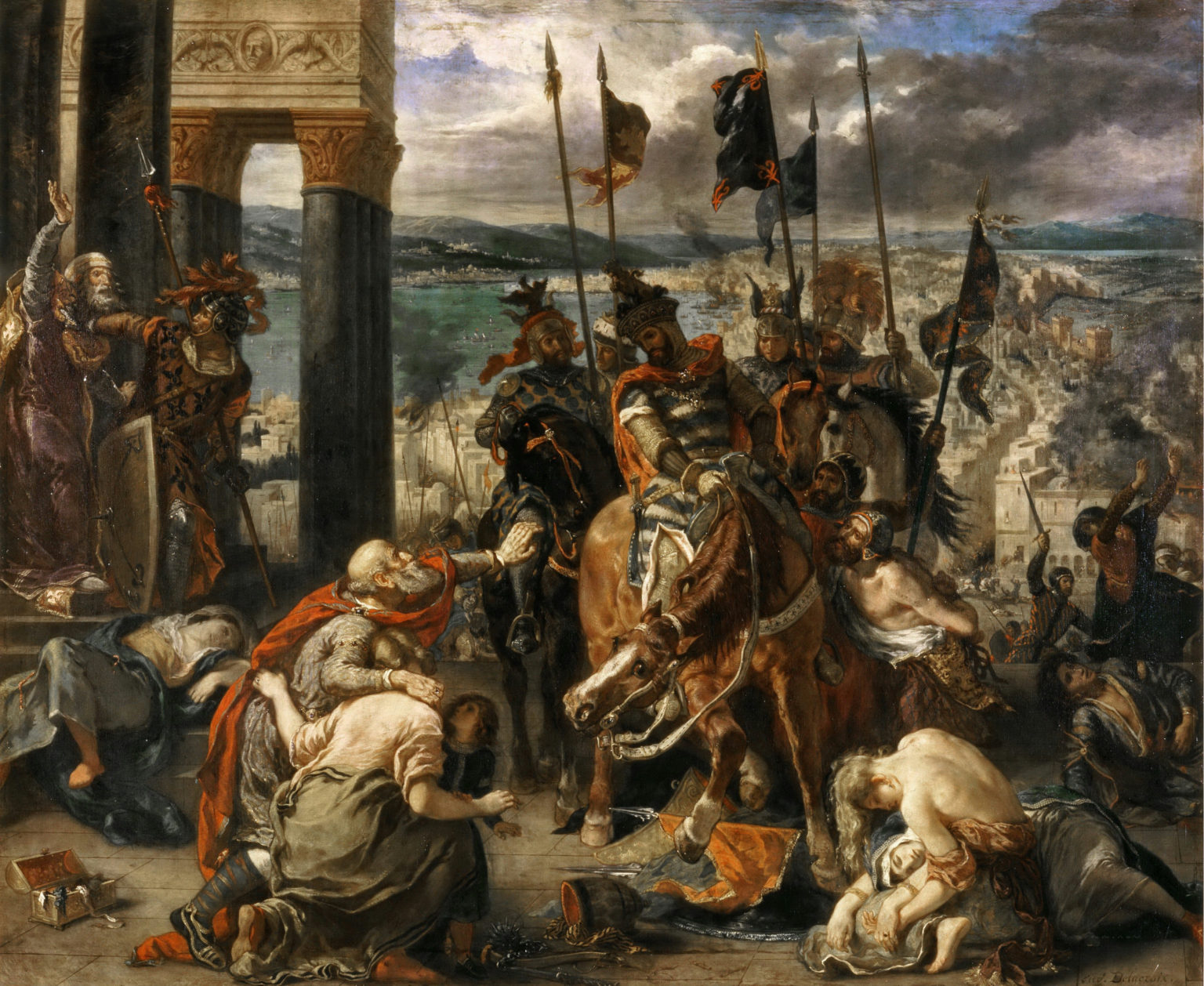
Thus, the conflict between the West and Russia throughout its entire duration, regardless of the convergence moments, of which there were many in the 20th century (including the Russian Revolution, comparable in its meaning with the Reformation), was cultural and civilizational and, as far as one can judge from the developments after the Cold War, can have no other positive outcome than peaceful coexistence, tested in the Cold War.
The unipolar illusion of the historical West, on the one hand, and modern Russia’s restoration of the link of times and historical continuity (in relation to the entire pre-revolutionary period), on the other hand, determine the severity of the current conflict, its existential nature for both parties.
Moreover, the development of Western society itself over the past at least 50 years testifies in favor of the entry of Western civilization into the age of decline.
It was predicted by O. Spengler in his “The Decline of the West”, according to whom the twenty-first and subsequent centuries will be characterized, among other things, by “the internal disintegration of nations into a formless population” and “the slow penetration of primitive states into a highly civilized way of life”.

All this is accompanied by a crisis of culture, the beginning of which dates back to the destruction of traditional society in the wake of the French and subsequent revolutions of the nineteenth century.
The aristocratic critique of Western democracy, in particular the observations of the French political scientist A. de Tocqueville, who noted in his “Democracy in America” that “freedom of opinion does not exist in America”, where “the majority creates impressive barriers [to it]”.
This feature of American consciousness and political culture is quite evident in such phenomena as McCarthyism and is now manifesting itself in the form of political correctness, including the imposition of “new values” and the apologetics of political movements like “Black Lives Matter!” (BLM).
(Originally published in July 27, 2022)
PART II
Fourth. Taking into account these cultural and civilizational factors means turning to the philosophy of postmodernism (M. Foucault, J. Derrida, J. Baudrillard, J. Agamben, etc.).
Not to mention the fact that they emerged on the American material and were a reaction of leftist European (mainly French) political thought to the disaster of Nazism, from which Europe was not protected by centuries-old culture (the basic proof of this: the commandant of a Nazi concentration camp read Goethe at his leisure).
These concepts (“ecstasy”, “obscenity”, “deconstruction”, etc.) are quite applicable to the analysis of contemporary international relations.
Of particular importance in this regard is Baudrillard’s 1983 work “Fatal Strategies”. It contains the thesis that fatal strategies, rooted in the history and destinies of peoples and states, override banal strategies and the strategic rules of the game imposed by them (perfectly explains Russia’s victory over Napoleon and Nazi Germany).
Baudrillard’s foresights have implications for practical policy, such as the “re-creation of the human space of war” in the shadow of nuclear confrontation (ignoring this has resulted in the West and NATO not being prepared for a “big war” in Europe using conventional weapons, as shown by the reaction to the Russian special military operation in Ukraine) and the arms race becoming a “technological mannerism”.
They best describe the current geostrategic situation, its dilemmas and imperatives.
In general, it is about overcoming the postmodern/virtual existence of the West and the world and about the transition to the neo-modern, that is, to the ground of reality and facts.
Russia and its politics serve as a powerful catalyst for this turning point in world development, and, in fact, for the emancipation of the world from the protracted and becoming a brake on the dominance of the US/West in world politics, economics and finance.
Fifth. The most important point is that it is liberalism with its uniformitarianism and equalization, rather than traditional conservatism that lies at the heart of totalitarianism, including fascism and Nazism.
The U.S. Civil War of 1861-1865 is evidence of this. This is also evidenced by the crisis of modern liberalism, most vividly manifested in America.
It is degenerating into an outright totalitarian dictatorship of liberal elites opposed to the majority of the electorate which professes common sense and traditional conservative values, including the family (despite the unbridled pressure of the LGBT community with the support of official circles).
This is where Dostoyevsky’s brilliant foresight in his “The Possessed” and “The Legend of the Grand Inquisitor” comes in, which, like George Orwell’s warnings, have universal significance for European civilization, highlighting its fundamental, at the level of worldview and political culture, vices.
America was founded by Protestant fanatics (followers of Calvin) who had no place in the British Isles as part of the domestic settlement (after the English Revolution and the Restoration that followed) in the form of the so-called “Glorious Revolution” of 1688-1689 which became nothing less than a coup d’état, with the calling of William of Orange and the occupation of London by his troops.
These fanatics declared themselves to be God’s chosen people (though that place in Christianity is taken), passed off capital income and business success in general as grace, and denied the right to Salvation (and even life) to everyone else.
Hence there is the idea that America is exceptional and that God’s kingdom on earth is possible – “a City on a Hall”. This goes against the claim, already in the postwar period, of the universality of its values and, accordingly, the imperialist policy of the United States outside North America since the late nineteenth century.
This contradiction, which served as the driver of America’s postwar foreign policy, has in the past been resolved by a policy of isolationism more organic to the traditional American identity. It was championed by President Andrew Jackson who believed that America should influence the world only by its example.
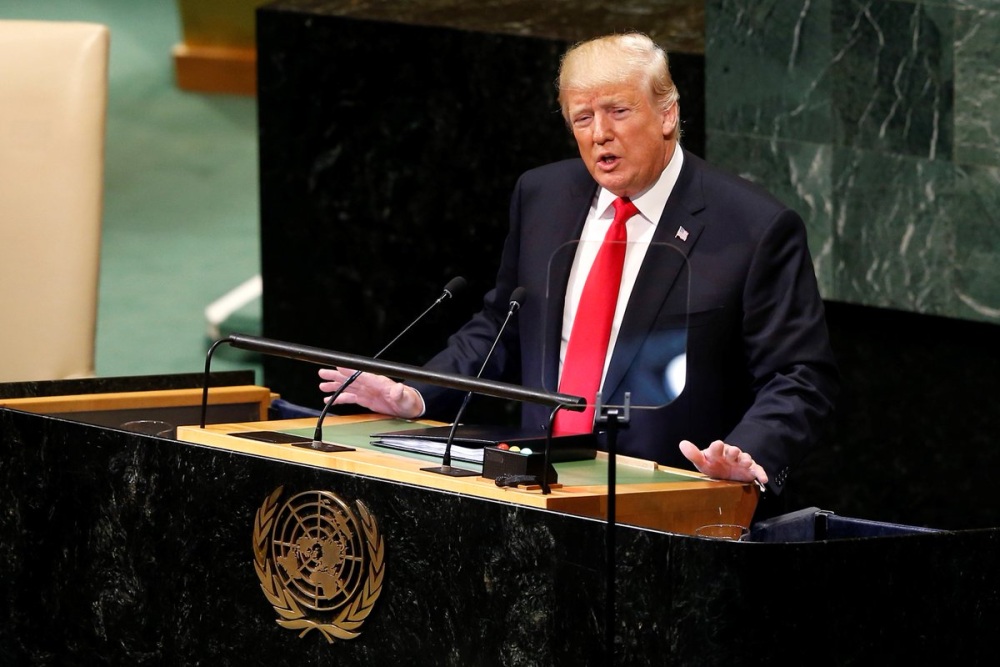
His follower was D. Trump who focused on recreating the internal foundations of national competitiveness and considered the world a “world of strong sovereign states” competing with each other, which is close to the concept of multipolarity.
In fact, it was about demilitarization of the national security doctrine itself as a legacy of the Cold War (experts were in favor of this yet under Obama).
Thus, Admiral Mullen, Chief of the US Joint Chiefs of Staff, spoke of the need to engage in “nation-building at home”. Globalization was deemed wrong because, being driven by the interests of the investment classes, it led to the destruction of the middle class (or more precisely, the native white America).
Its main beneficiary was China which used U.S./Western investment, technology and even markets for its “peaceful rise”. In the foreign policy tradition of the postwar period, it became “enemy number one” (plus an “evil empire”) which required its preventive containment according to the logic of “Thucydides’ trap”.
The coronavirus pandemic only intensified the trend toward deglobalization into which Russia with its policy of sovereign self-sufficiency entered under sanctions pressure from the West.
Outside of this black-and-white vision of the world remained Russia, perceived by many in the conservative environment as a potential partner in the “triangular diplomacy” of the United States – Russia – China.
In his time, Kissinger laid the foundations for such diplomacy when he achieved a settlement with Beijing on an anti-Soviet basis. Now we should talk about partnership with Russia.
Sixth. Washington’s anti-Russian course, resulting in its Ukrainian project and current escalation, cannot be understood outside the context of the internal state of modern America. After a brief conservative “Trump Revolution” (a future that casts a shadow before it arrives?), liberal elites, led by the Democratic Party, have prevailed.
It was under Barack Obama’s administration that Washington staked on the aggressive-nationalist transformation and even Nazification of Ukraine as a means to threaten Russia on the level of identity and history, to undermine the spiritual and moral foundation of modern Russia, which is the victory in the Great Patriotic War, and to retroactively rehabilitate Nazism as a specific product of Western civilization, equating the Soviet Union with Nazi Germany.
Accordingly, this course was activated after the 2020 U.S. presidential election which was won by Democrats.
Since the late 1970s, there has been stagnation in average household income in the United States. Since the early 1980s, U.S. elites set out to deregulate, or rather to recreate under new conditions the capitalism of the pre-Great Depression model of the 1930s.
By 2000, the Glass-Steagall Act, which regulated the financial sector, was finally dismantled. Globalization exacerbated the situation. As a result, the U.S., and with it to a large extent the European Union received a financialization of the economy, an erosion of the middle class, and a stagnation of consumer demand.
All this culminated in the global financial crisis of 2008 which is still going on, having practically exhausted the traditional resources of macroeconomic regulation. In a sense, the ruling cosmopolitan elites have become disconnected from the national ground and the interests of the majority of the population.
On the political level, the courses of the two main political parties have been averaged, politics has become essentially non-alternative with an emphasis on political technology, undermining the confidence of the electorate in the elites, who, in turn, under the slogan of political correctness have engaged in crackdown on freedom of speech and suppression of dissent, acting primarily through the controlled traditional media.
The 2020 election was a watershed episode in the domestic political development of the United States. Liberal elites, having learned the lessons of Trump, who appealed to his electorate bypassing traditional media through social networks, acted with blatant fraud and falsification (primarily through massive postal voting and reliance on marginalized populations – African Americans and other ethnic minorities).
The “cancel culture”, “critical race theory” and other ideological products served the interests of the new regime and its social base at the expense of the interests of white, native America, which was invited to accept the new values as a “progressive development” of traditional conservative values.
In essence, there was a new, ultra-liberal American revolution, similar in its radicalism and methods to the Bolshevik revolution. As in Russia 100 years ago, in the U.S., the marginalized strata were led by the “progressive intelligentsia”.
Of course, in relation to “Trump’s revolution” we are talking about a counter-revolution and a conservative process launched by elites to save a clear overreach of liberalism which can only be achieved through the reformatting of national identity and the rewriting of history, that is, the breaking of the link of time and the rejection of historical continuity.
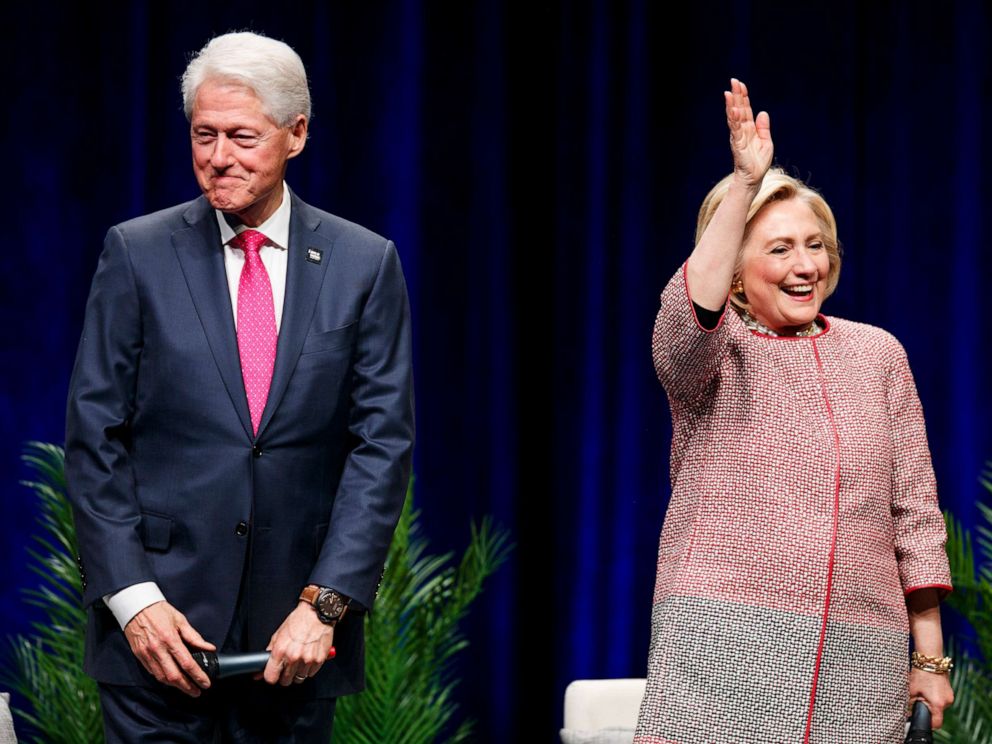
We are talking about a new and, presumably, decisive stage of what American political scientists themselves define as a “cultural revolution” and “non-civil war”, the beginning of which goes back to the presidency of B. Clinton (1992-2000).
The most important factor of the current situation is the loss by the white, mostly Anglo-Saxon and Protestant population of their majority in America in the foreseeable future.
Circumstances clearly require decisive measures inside the country, including censorship of social networks, and the legitimization of domestic politics through its presentation as part of a global trend, that is, its ultraliberal “world revolution” (it is worth remembering that the Bolsheviks initially did not believe that they could hold power in one country outside the context of the coming “world revolution”).
In the wake of the Ukrainian crisis, Fukuyama came up with the idea of “social liberalism” as a possibility of liberalism taking root on national soil which strongly resembles Nazism in its modern guise and an attempt to rehabilitate Nazism/neo-Nazism in Ukraine and in modern Europe as a whole.
The problem of identity and history is acute for the West because of the highly contradictory results of globalization and neoliberal economic policies, which, according to independent political scientists, can be seen as a “counterrevolution” to the post-war “social contract” with its socially oriented economy.
This is also evidenced by the contradictions between cosmopolitan elites and the majority rooted in their countries and regions: these contradictions are exacerbated as immigration grows with the current labor surplus.
At the same time, traditionalism retains its influence at the level of elites and their foreign policy philosophy and instincts.
These are essentially remnants of imperial thinking, whether it is a desire to maintain the status of nuclear powers (Britain and France) and to obtain permanent residence in the UN Security Council (Germany and Japan) or borrowing from ancient China a sense of its “middle ground” in the world architecture (the United States).
As British broadcaster J. Paxman aptly noted, the same Britain seeks to remain what it was in the era of empire, “only in a reduced form”. American elites are probably experiencing something similar, although they have an alternative – the tradition of isolationism. In any case, the factor of history plays a role, albeit to different degrees for different countries.
Thus, a leading political columnist of the Financial Times G. Ruckman, trying to draw lessons from Brexit, unites Britain and Russia in the category of “historical powers” which must be treated accordingly: either to integrate into the international system on decent terms, or to be prepared to contain or oppose them.
It is the latter choice that Washington has made with regard to Russia.

(Originally published in July 29, 2022)
PART III
Seventh. Washington’s anti-Russian policies under all administrations reflected the imperatives of this internal complex crisis. Thanks to the end of the Cold War and the collapse of the USSR, which created the illusion of a world without alternatives on the level of ideas and models of development, the West received a kind of “second wind”.
Its resource was exhausted for 30 years, during which the trend towards multipolarity was consolidated, the symbols of which were the rise of China and Russia’s restoration of its status as a global power which manifested itself in the most sensitive for the self-consciousness of Western elites sphere of power politics (Crimea, Donbass and Syria).
In this regard, under Obama the bet was made on the creation of two trade and economic blocks in the West and the East – the Transatlantic Trade and Investment Partnership and the Trans-Pacific Partnership which would solve the problem of Western dominance in global politics, economy and finance in the new historical conditions, while containing Russia and China. Something in the spirit of the strongholds of the West was being thought of.
These plans were abandoned by the Trump administration. Momentum was largely lost; Beijing ramped up its efforts in the APAC, pushing for a Comprehensive Regional Economic Partnership under its aegis and backed by ASEAN, while in Europe the credibility of “American leadership” was undermined: there the EU-China Investment Agreement was initialed at the end of November 2019.
The West’s sanctioned unity on anti-Russian grounds in connection with the events in Ukraine serves as a kind of revenge by Washington for Trump’s aforementioned geopolitical “blunders”.

With the arrival of Biden in the White House, the Americans began to “repair” their informal global empire in an effort, no longer relying on the “automatism” of expanding their control over the world (the fallacy of such a primitive calculation was indirectly recognized even by Kissinger), by more aggressive containment of China and Russia to once again achieve this “second wind”, the reconstruction of their geostrategic strongholds in the Euro-Atlantic and APAC.
The stakes in Western politics have risen sharply and have become, without exaggeration, existential in nature. It has come to the realization that the West is faced with the prospect of a “war on two fronts”, which Germany failed to endure twice – under the Kaiser and Hitler.
Now Western elites found themselves united – with Germany and Japan under American occupation and political control, though in a world that had largely become multipolar.
Eighth. In the post-war period, an aggressive, essentially imperial foreign policy philosophy and tradition with its “grand strategies” had developed in the United States.
This time a kind of “Young Turks” from political science (such as Jake Sullivan, Wess Mitchell and others from the notorious “Marathon Initiative”) came “to the helm” and blamed the previous generation for having “lost out” to Beijing and Moscow (including in Ukraine).
They came with their own ideas on how to improve the situation and a corresponding “grand strategy”. W. Mitchell is the author of the strategy to “avoid a war on two fronts” (in his terminology it is a problem of “simultaneity” of two wars), because American resources do not allow to conduct such a war.
It is supposed to “fight” Russia in Ukraine in order to stop its “expansion” in the western direction (apparently, this means strengthening our position in the post-Soviet space and relations with the EU, especially with Germany).
That is to start with a weaker opponent – to force Moscow to turn to the East, to penetrate into the development of Siberia and the Far East and not even to object to the supply of Russian arms to India.
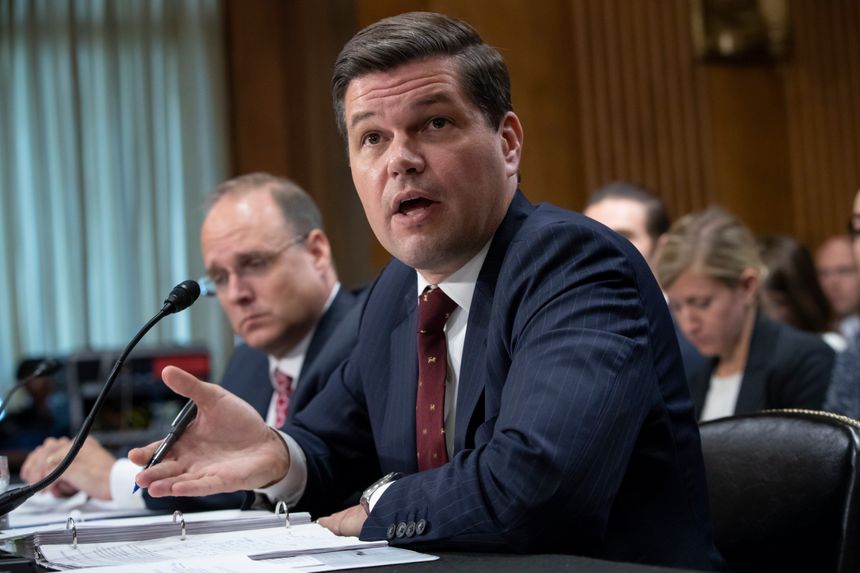
Obviously, this strategy is being pursued by the Biden administration. According to Mitchell himself, he proposed this idea to the Pentagon under Trump in the fall of 2020, after resigning as assistant secretary of state a year earlier.
In the course of Russia’s special military operation in Ukraine, it has already been openly stated that the goal of the West is to inflict a “strategic” or even military defeat on Russia in Ukraine, which will, with varying degrees of probability, destabilize and “soften” it in terms of its willingness to accommodate Western interests.
Ninth. The situation has been characterized as a “trap-in-trap” or fatal strategy versus a trivial one. Washington believed that, as in the case of Afghanistan, it would provoke Russia into invading Ukraine, where it would bog down or be forced to withdraw without achieving its stated goals.
At the same time, the West itself found itself provoked by sanctions pressure “from hell”, undermining the foundations of its global dominance (the system is losing its basic characteristic – universality which was present even during the Cold War, which indicates a completely new quality of confrontation and the very threat to the West), as well as revealing the scale of trade and economic and monetary interdependence, primarily in the energy sector, in terms of mineral fertilizers and food supplies.
“Payback” from anti-Russian sanctions leads to higher inflation and the cost of living and, consequently, socio-political tensions in Western countries, providing Russia with an effective means of influencing their internal state.
The Western blitzkrieg against Russia has failed. As a result of its “banal” gambit (like Germany in World Wars I and II) the West finds itself in a state of war on two fronts, when China due to the West’s bogging down in the conflict with Russia actually gets a free hand to solve the problem of Taiwan by force – the main factor of its containment by the Americans.
Thus, the prospect of the collapse of the entire postwar foreign policy structure of the United States and Europe, including the G7, NATO, EU, other political-military alliances, IMF, IB, WTO and other institutions is clearly indicated.
Accordingly, for the West itself, the UN system is growing in importance. Moreover, the West is in a position of weakness, forced to appeal to international law, which additionally ensures the UN’s sustainability for the future.
The format of G20 summits also serves as the last reserve of the existing world order and as a means of its smooth transformation.
The alternative is chaos, that is, lack of control, which is a nightmare for Western elites and, above all, for Americans, who are lost in any situation they do not control, even if this control is illusory (a feature of the postwar American political and strategic culture).
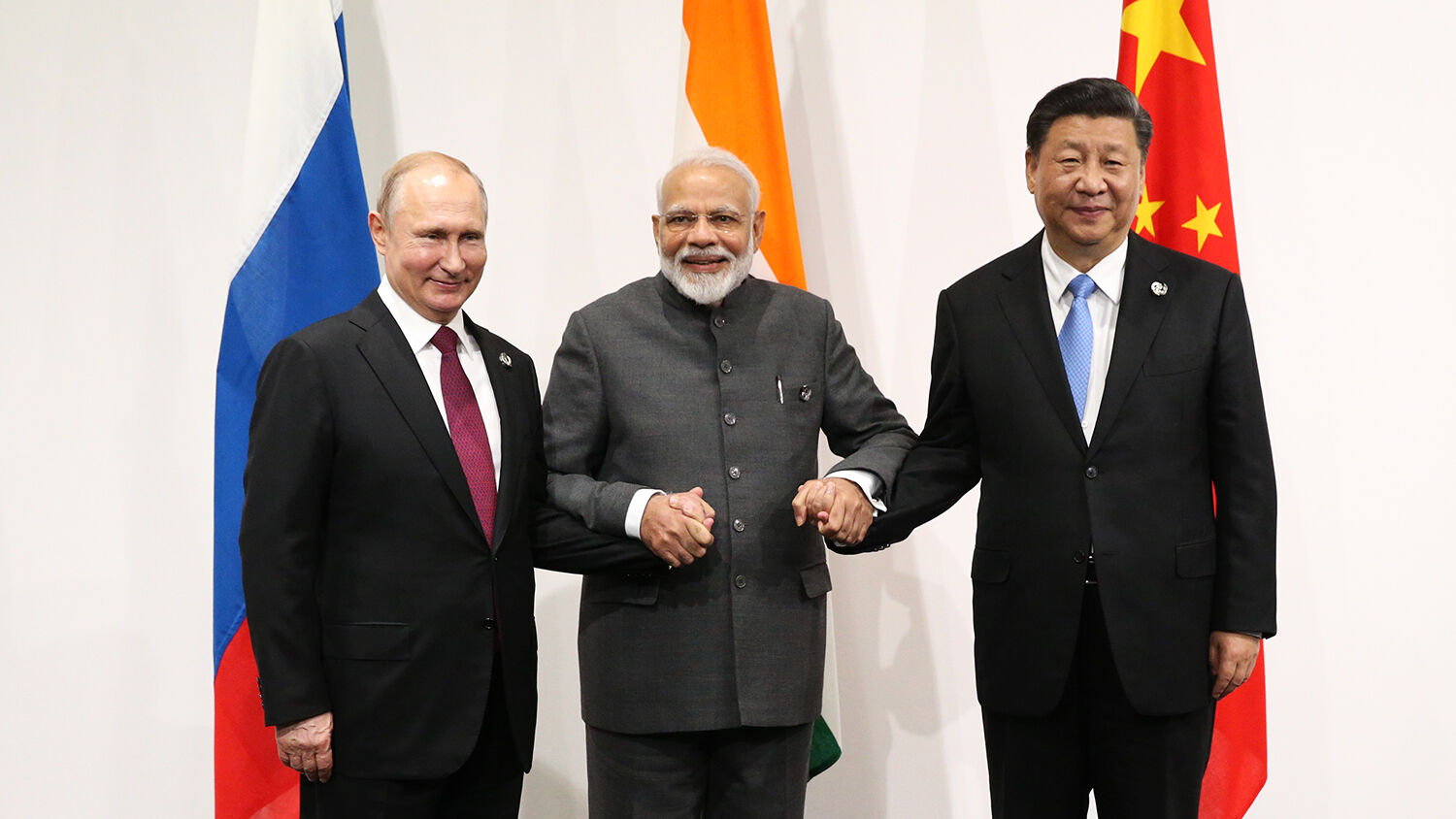
(Originally published in August 5, 2022)
By Oriental Review
Published by Oriental Review I, Oriental Review II, and Oriental Review III
Republished by The 21st Century
The views expressed in this article are solely those of the author and do not necessarily reflect the opinions of 21cir.com
